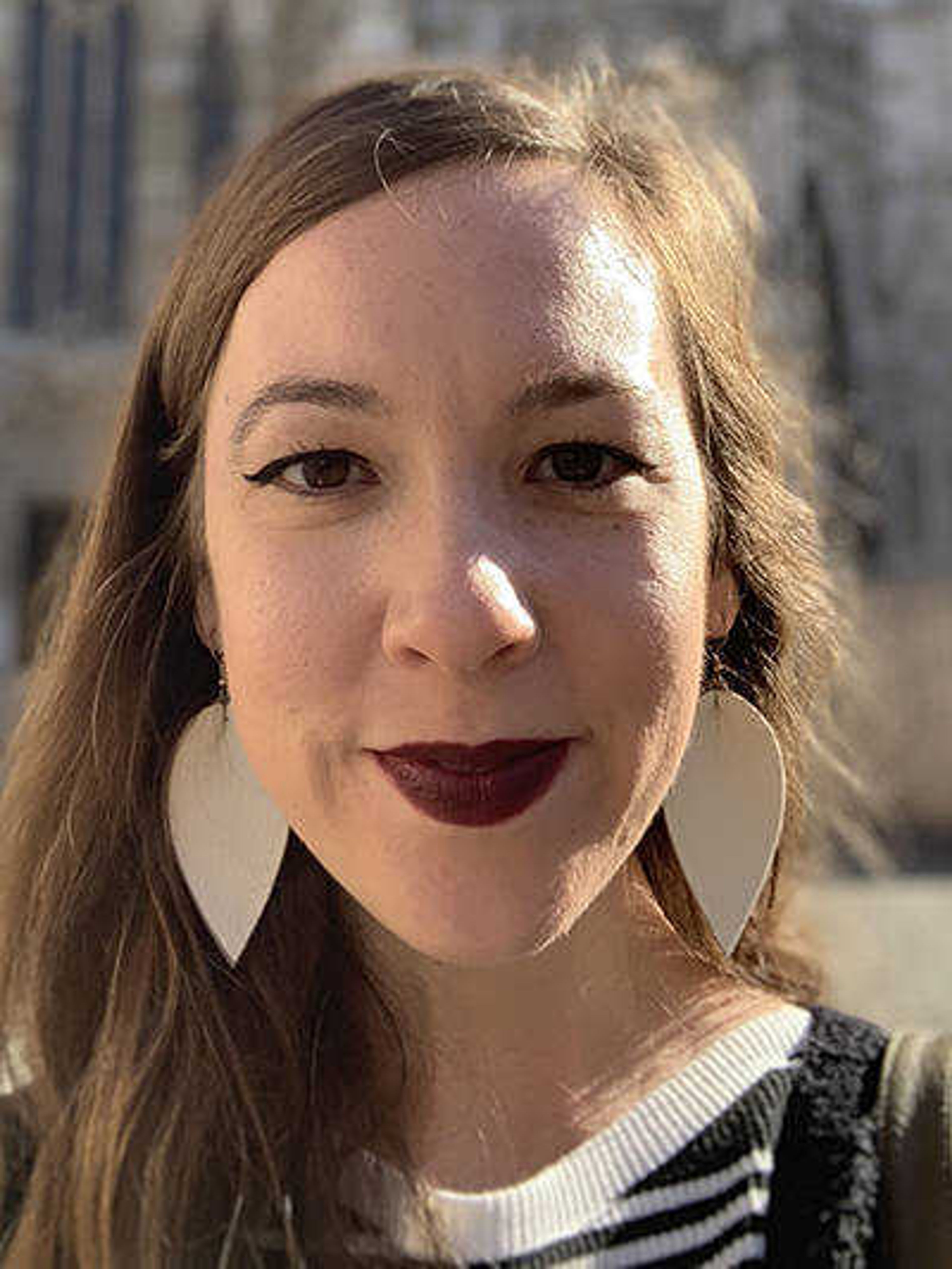Choosing what is easy
As Americans, we regard freedom as the highest ideal. It is what our country is founded upon; we revere it. The way we define it, though, is, I think, a narrow definition that often serves the necessities of capitalism rather than serving people. When we are enslaved to pursuing the next thing, to attaining more and more, to proving our worth by the things we have and do, we are not necessarily free. ...
As Americans, we regard freedom as the highest ideal. It is what our country is founded upon; we revere it. The way we define it, though, is, I think, a narrow definition that often serves the necessities of capitalism rather than serving people. When we are enslaved to pursuing the next thing, to attaining more and more, to proving our worth by the things we have and do, we are not necessarily free. Although physically we might be -- and yes, this type of freedom should be highly regarded and available to all -- this physical freedom does not necessarily equate with internal freedom.
The other day, one of my coworkers brought up the question: Why do we like to do what is hard? Once a week, we are called to take up what is easy: rest. And yet, this expanse of space during the Sabbath in which anything can happen and we have no agenda -- when, like a child, we are free to follow our interests and be surprised -- can be one of the most difficult things to relax into. In our work-obsessed culture in which we often find our worth in how much we accomplish in a day, we are often uncomfortable in the face of not having a plan, a to-do list, a set of goals. We are terrified of meandering, of aimlessness, of quiet. Why?
Could it be, perhaps, because we are afraid of encountering God? Our God tells us God's name is I AM, asks us to be still and know God is. In our society that so values individualism, it can be difficult to simply be and receive rather than to work to attain for ourselves. Of course, sometimes, hard work on our part or doing the hard thing is what is asked of us; other times, though, I think we are called to what is easy -- surrender.
The book "The One-Straw Revolution," by the late Japanese farmer Masanobu Fukuoka, is at once a philosophical reflection and practical farming guide to slowing down and connecting with the natural rhythms of the earth as a way of life. In it, Fukuoka writes, "Extravagance of desire is the fundamental cause which has led the world into its present predicament. Fast rather than slow, more rather than less -- this flashy 'development' is linked directly to society's impending collapse. ... People work like crazy, thinking that they have to in order to stay alive. The bigger the job, the greater the challenge, the more wonderful they think it is."
His words remind me of what Naaman was asked to do in 2 Kings 5:1-19: the easy thing. When told to go bathe in a local river rather than traveling somewhere in order to be healed of his skin disease, Naaman is angry. "If the prophet told you to do something extraordinary, would you not do it? All the more since he told you, 'Wash, and be clean,'" his servants persuade him in verse 13. He listens to their advice, and he is healed.
What if we, too, accepted the Father's invitation to do the easy thing -- to rest? What if we dared to believe we don't have to prove ourselves, and lived that belief out in our day-to-day? Perhaps, in this trust, we could find interior freedom, and delight along the way.
Connect with the Southeast Missourian Newsroom:
For corrections to this story or other insights for the editor, click here. To submit a letter to the editor, click here. To learn about the Southeast Missourian’s AI Policy, click here.










